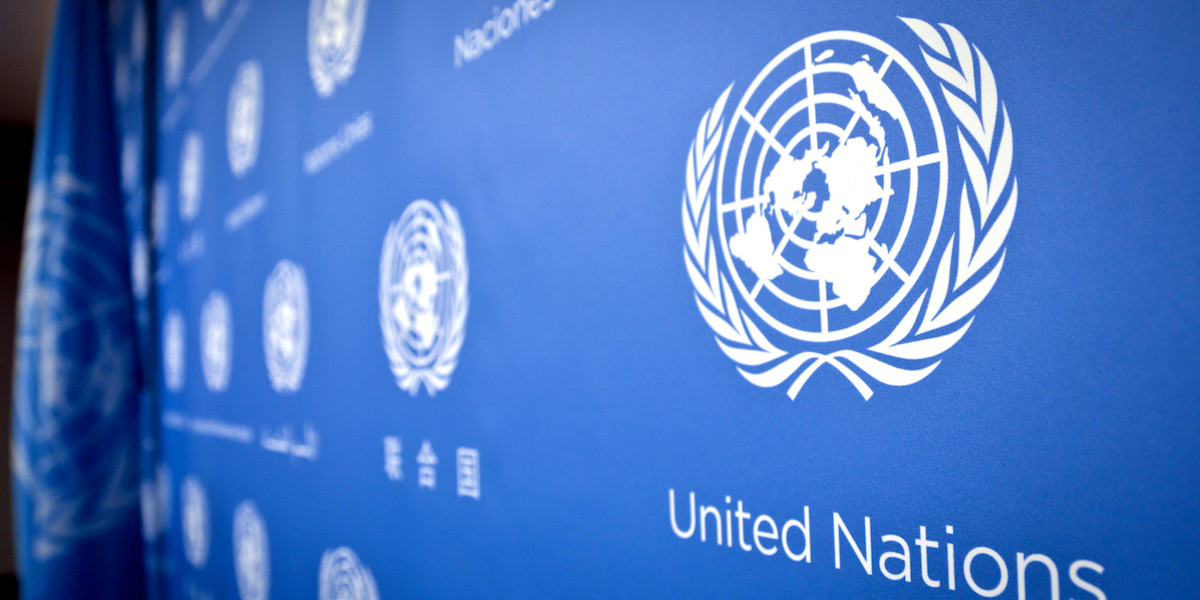





Copyright infringement not intended
Picture Courtesy: https://electthecouncil.org/
Context: The issue of UN Security Council reform, specifically regarding the dominance of the five permanent members (China, France, Russia, the UK, and the US) and their exclusive veto powers has been a longstanding topic of discussion.
Details
UN Security Council Reform
|
Current Situation |
Reform Proposals |
Arguments for Reform |
Arguments Against Reform |
|
Categories of Membership: 5 Permanent Members (P5): China, France, Russia, UK, US (veto power) 10 Non-Permanent Members (elected for 2 years) |
1.Add new permanent seats: G4 (Germany, Japan, India, Brazil) + 1-2 African seats + 1-2 other regional seats 2.Add new non-permanent seats: Increase in geographically diverse non-permanent seats |
1.Increase legitimacy and representation 2.Reflect changing global power dynamics 3.Address historical imbalances |
1.Difficulty in reaching consensus on new members 2.Risk of undermining P5's role in maintaining peace 3.Potential for regional power struggles |
|
Veto Power: P5 can veto any resolution |
1.Limit veto usage: Require justification, time limits, or supermajority to override 2.Abolish veto: Equal vote for all members |
1.Reduce deadlock and abuse of veto 2.Increase accountability and fairness 3.Reflect changing power dynamics |
1.Undermine effectiveness and decision-making capacity 2.Risk of unilateral action and instability 3. Loss of P5 incentive to engage in negotiations |
|
Regional Representation: Some regions (Africa, Latin America) under-represented |
1.Add regional seats: Allocate fixed seats for specific regions 2. Rotate seats: Regional representatives elected on a rotating basis |
1.Improve fairness and regional voice 2.Address historical imbalances 3.Increase legitimacy and ownership |
1.Risk of regional blocs dominating the Council 2.Potential for further fragmentation and competing interests |
|
Size of the Council: 15 members |
1.Expand to 25-30 members: New permanent and non-permanent seats |
1.Increase representation and legitimacy 2.Address concerns of under-represented countries 3.Enhance inclusivity and diversity |
1.Potential for inefficiency and decision-making paralysis 2.Difficulty in reaching a consensus with a larger body 3.Increased costs and resource requirements |
|
Working Methods: Limited transparency and public participation |
1.Enhance transparency: Open consultations, public briefings, published reports 2.Increase inclusivity: Participation of civil society, non-state actors 3.Improve efficiency: Streamlined procedures, time limits for debates |
1.Improve public trust and understanding 2.Increase accountability and effectiveness 3.Promote legitimacy and inclusivity |
1.Risk of undermining confidentiality and effectiveness in sensitive situations 2.Potential for the politicization of decisions 3.Increased complexity and bureaucratic burden |
Conclusion
Must Read Articles:
United Nations Security Council (UNSC): https://www.iasgyan.in/daily-current-affairs/unsc#:~:text=Call%20for%20reforming%20UNSC%3A&text=The%20loudest%20calls%20for%20reform,would%20amount%20to%20meaningful%20reform.
|
PRACTICE QUESTION Q. Achieving comprehensive reform requires consensus among all UN member states, particularly the P5. Considering their often divergent interests, what concrete steps can be taken to overcome political obstacles and facilitate genuine compromise? Answer Structure: 1.Briefly introduce the significance of comprehensive reform in the UN. Highlight the importance of consensus, especially among the P5 (Permanent Members of the United Nations Security Council). 2.Acknowledge the diverse geopolitical, economic, and strategic interests of the P5 members (China, Russia, the United States, the United Kingdom, and France). Provide examples of historical instances where their interests clashed. 3.Identify specific challenges that hinder consensus, such as conflicting national priorities, historical grievances, and power dynamics. Discuss how these challenges have historically impeded comprehensive reforms. 4.Concrete Steps for Overcoming Political Obstacles: Facilitating Dialogue, Addressing Core Concerns, Building Trust, Inclusive Decision-Making. 5.Provide examples from historical or contemporary situations where consensus was achieved among the P5 or in the broader context of international relations. 6.Summarize the key points of the suggested steps. Emphasize the importance of achieving consensus for effective UN reform and global governance. |








© 2025 iasgyan. All right reserved